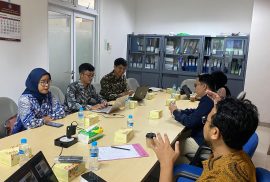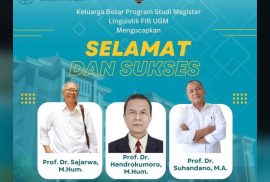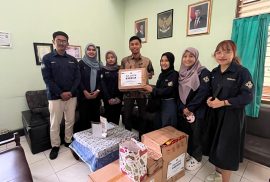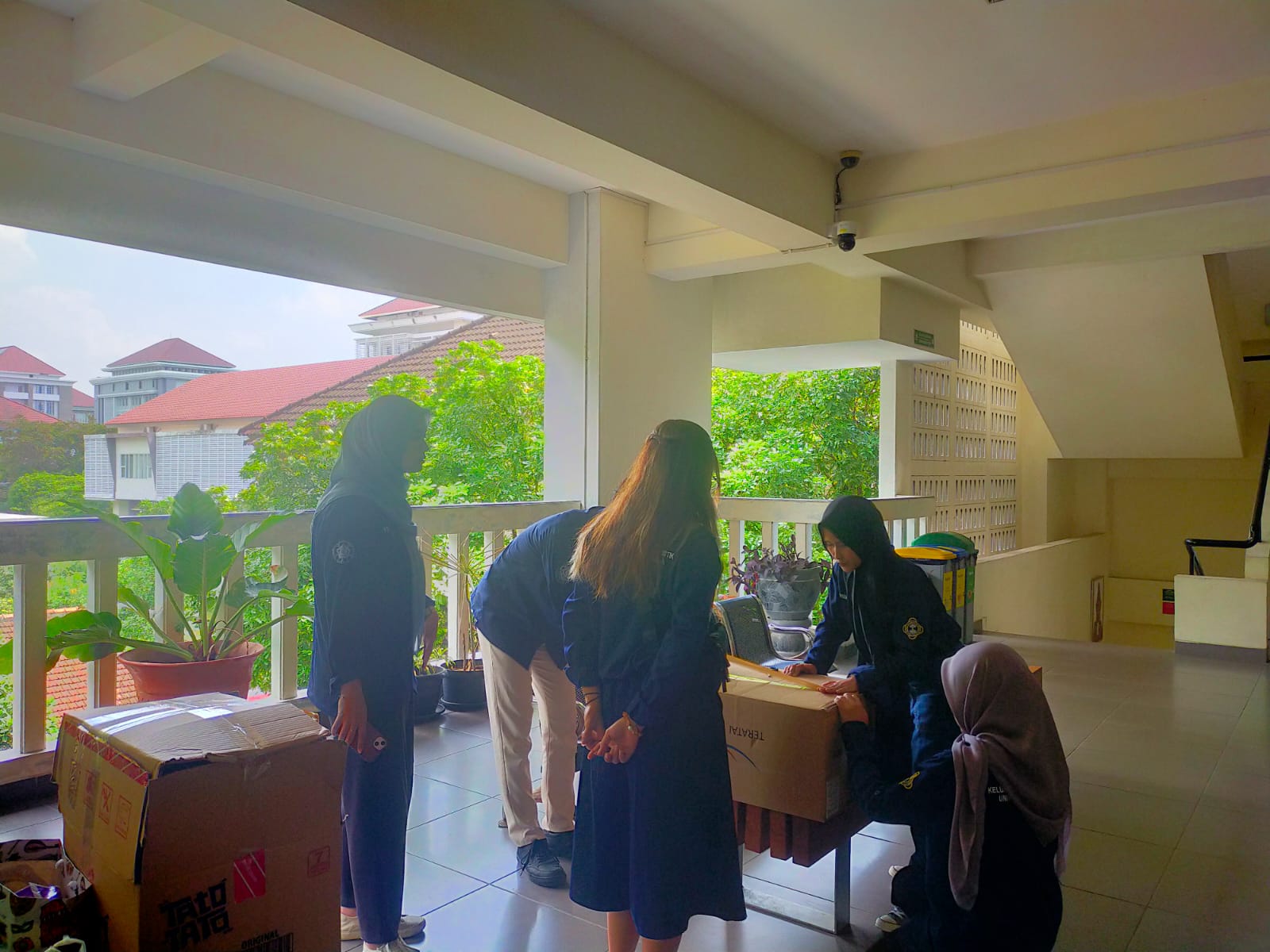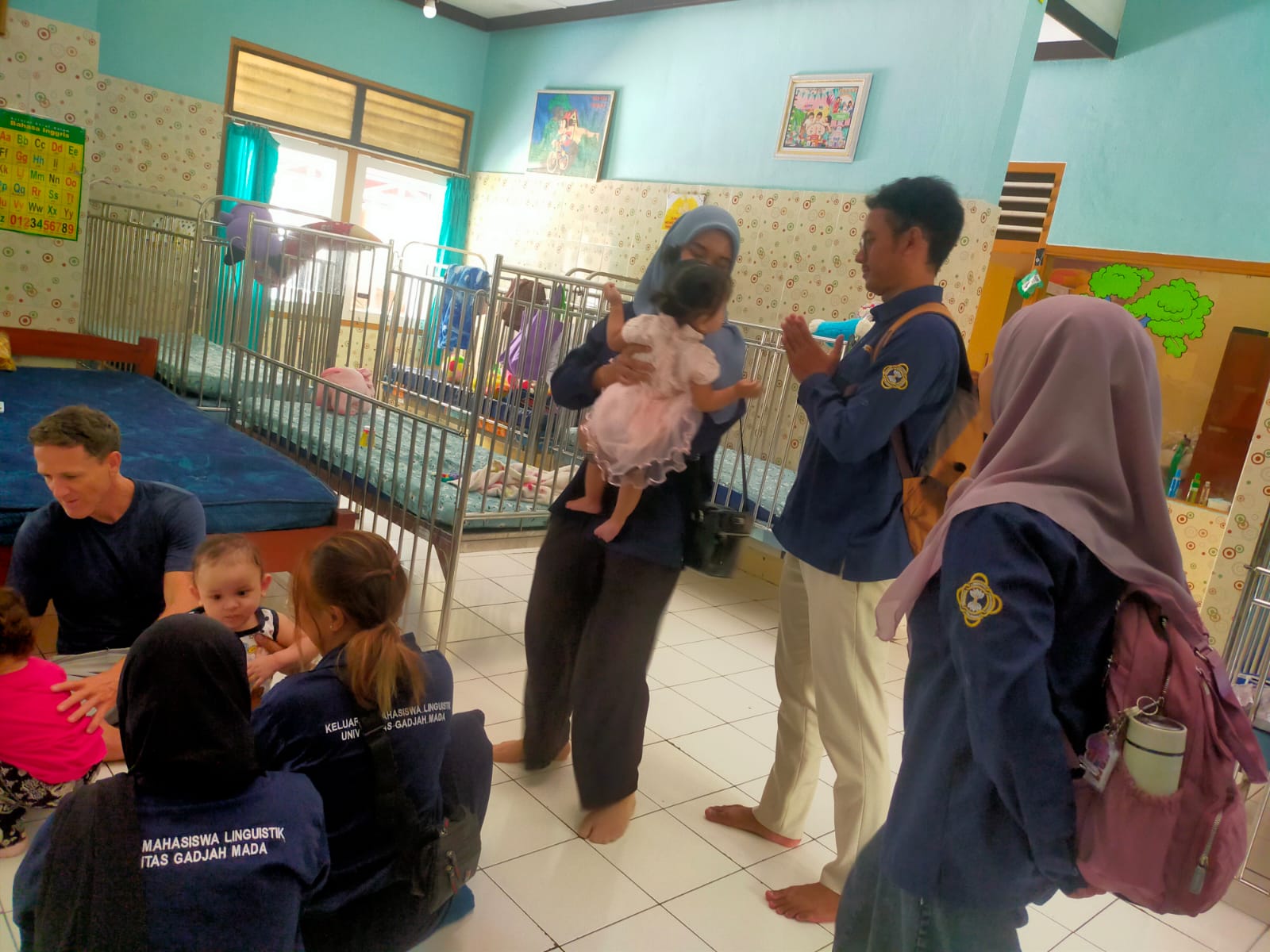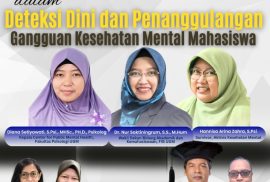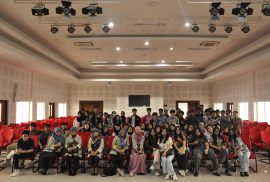On Thursday, December 5, 2024, Faculty of Cultural Sciences Universitas Gadjah Mada (FIB UGM) received a visit from Institut Teknologi Sumatera (ITERA) in order to benchmark the Tourism Study Program. The meeting took place at Soegondo Building, FIB UGM, and was attended by representatives of lecturers and students from both institutions.
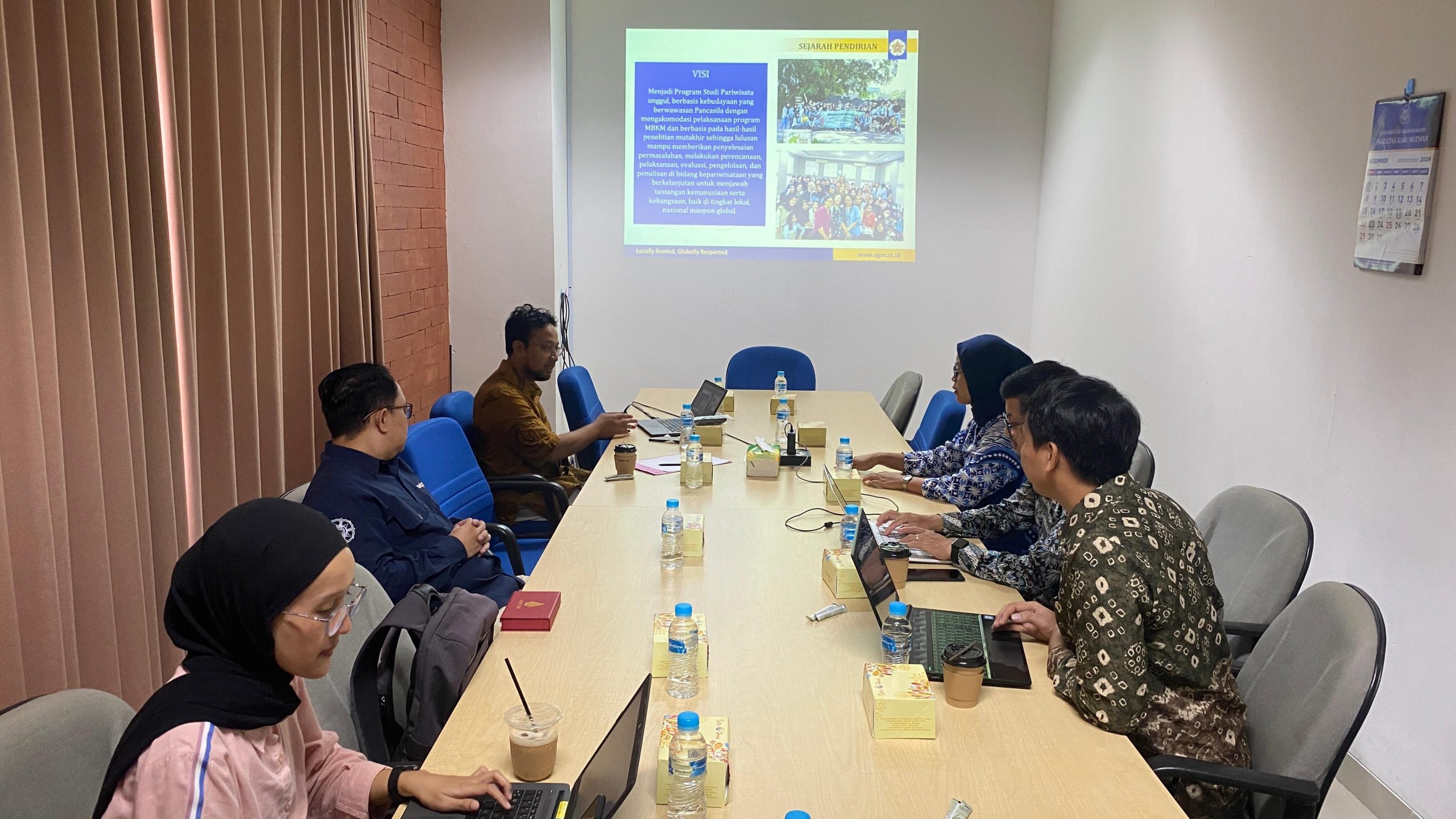
This visit aims to deepen ITERA’s understanding of the management of the Tourism Study Program. During the discussion, representatives from the Tourism Study Program of FIB UGM explained their curriculum structure, including the number of credits and courses offered in each semester. ITERA got a detailed description of the learning patterns and various best practices applied at FIB UGM.
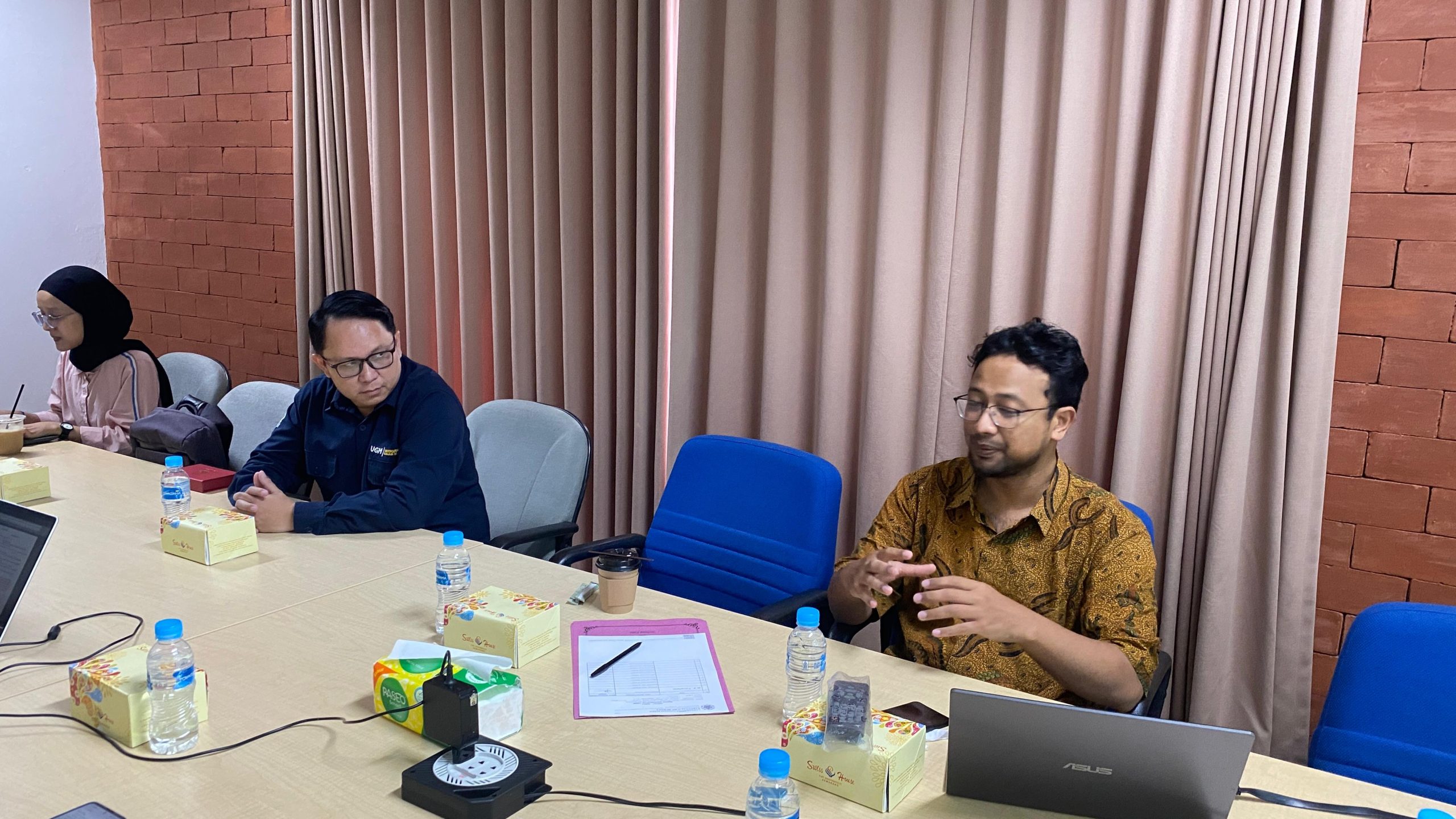
In addition, the discussion also covered the challenges faced in running the study program, such as curriculum development, implementation of field practice, and management of human resources and infrastructure. Both institutions exchanged ideas to overcome these obstacles, and discussed opportunities for future collaboration.
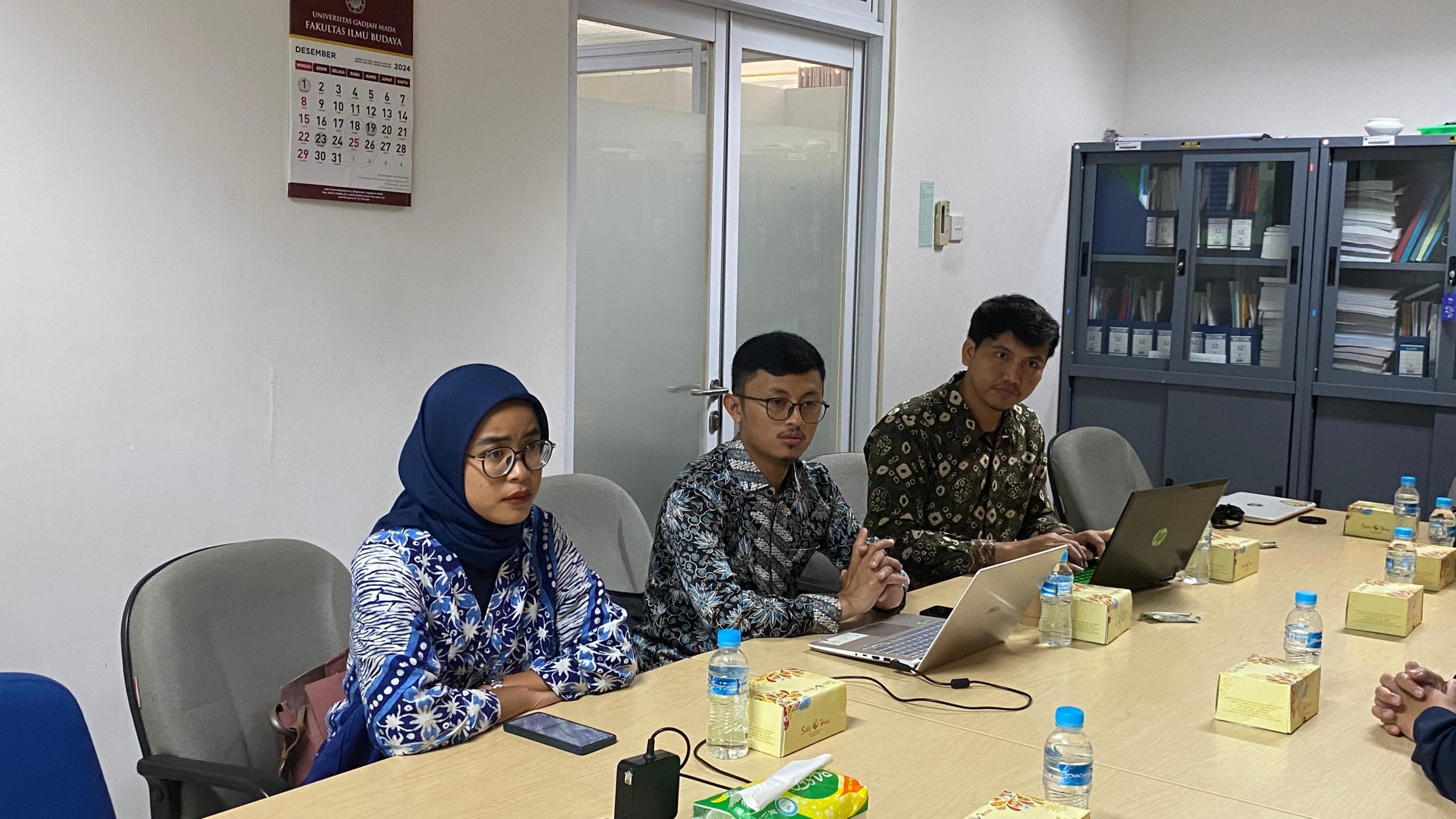
This activity is expected to provide inspiration for Institut Teknologi Sumatera in managing similar study programs, as well as strengthening the collaborative relationship between the two institutions in supporting the advancement of tourism education in Indonesia.

